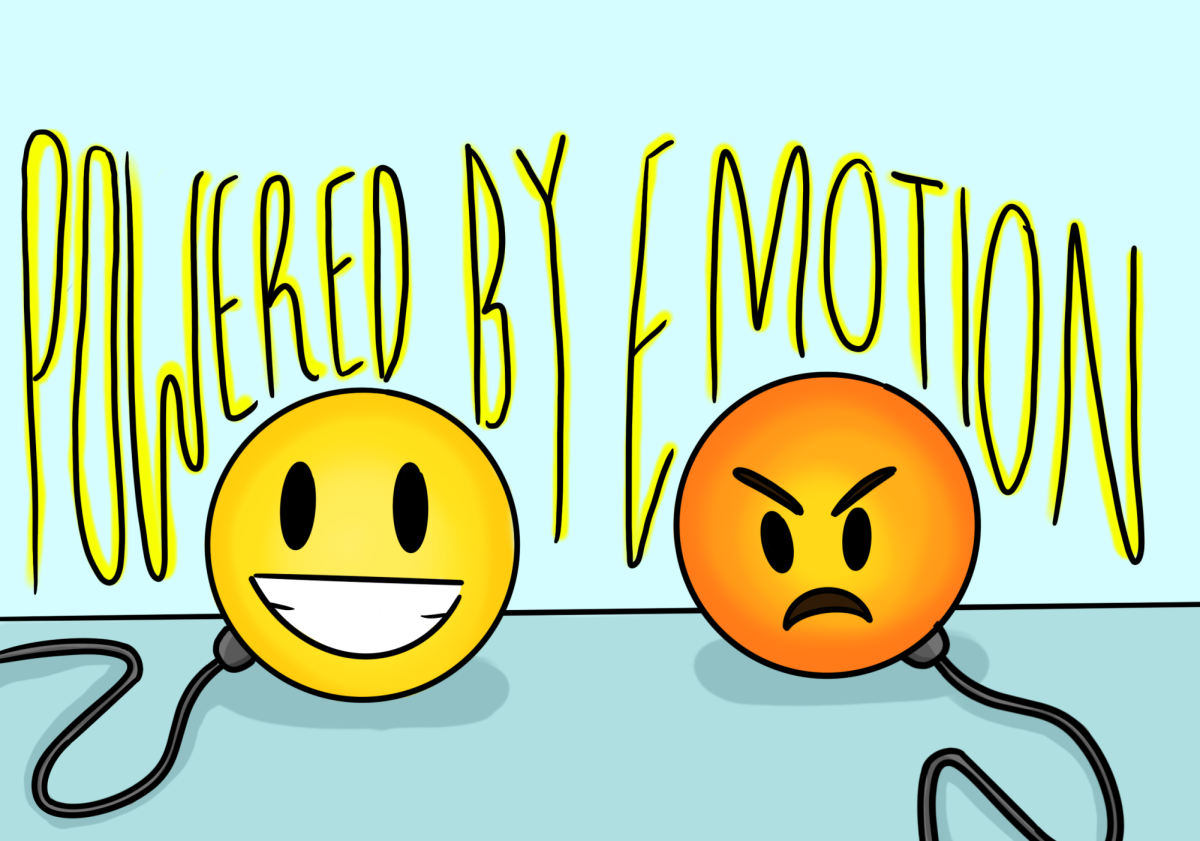Charlie Held, an 11th grader dual-enrolled at Community and Pioneer High School, sits at a table in the hall with a huge grin on his face. As he speaks, he grows slightly more serious. At the same time, however, Held looks around, frequently stopping to engage in enthusiastic side conversations with students walking by. Held is one of millions of teens with ADHD.
Attention Deficit Hyperactivity Disorder (ADHD) is a common mental health condition affecting 3 to 5 percent of all kids. ADHD usually becomes noticeable before the age of 7. Symptoms include being easily distracted, having difficulty following instructions, having difficulty with organization, and, of course, a shortened attention span.
ADHD varies in children and teens, and there are different degrees of severity. Some children have what is referred to as Primarily Hyperactive ADHD (fidgety, wild, loud, etc.), and others have Primarily Inattentive ADHD (forgetful, unorganized, distracted, inattentive, etc.). For Held, his ADHD is of the Primarily Inattentive type, and is relatively pronounced. It doesn’t always interfere with the way he acts, nor does it change his basic character, but it is definitely noticeable.
Held has an optimistic view toward his condition. “I’m not mad that I have [ADHD],” Held said. “I feel that everyone’s brain is wired differently, and my brain is wired this way.”
In order to decrease the severity of his condition, Held takes daily medication. He also goes on runs, reads books, and meditates. In his opinion, the medication works very well. “It boosts my mood and my motivation,” Held remarked, “and if you look at my GPA, you would notice that it has made a big difference.”
Held acknowledges, however, that he has experienced some difficulty, especially before gaining insight into the dynamics of ADHD. “I’ve definitely failed two years of school,” Held admitted, referring to his academic struggles at the end of middle school into his freshman year of high school, “but I don’t think that that relates directly to ADHD. I think it related more to a lack of motivation. I think a lot of people blame their [academic] problems on ADHD when it’s not actually the cause.” Held did, however, admit that his lack of motivation might have been caused by ADHD. He added that his trouble in school during these two years was the most difficult aspect of his condition. Since freshman year, however, Held has adapted to high school, excelling academically.
Held’s family loves him and completely accepts his condition. In the sixth grade, soon after he was diagnosed with ADHD, Held’s parents, Pete Held and Anne Jackson, learned all they could about ADHD and how to deal with it in the most effective ways, using a combination of medication, exercise, meditation and patience as well as making sure Charlie gets enough sleep.
“I think that having ADHD presents a spectrum of opportunities and challenges,” says Mr. Held, “if [a child with ADHD] can focus, then sometimes they can hyper-focus, which is a good thing. The problem is when they have lower focus and lower productivity.”
Mr. Held and his wife’s understanding of ADHD has helped them become better equipped with how to deal with the various advantages and disadvantages of their son’s challenges. “I think parents are used to children with unique characteristics,” he said. “Charlie’s characteristics are what we love about him. We do not feel like we have a defective kid.”
Charlie and his parents are moving forward. Now that he has his ADHD under control and knows how to cope better, Held is doing better in school and is involved with numerous extra-curricular activities at the Neutral Zone. He continues to maintain a strong social life, with many close friends and acquaintances.









